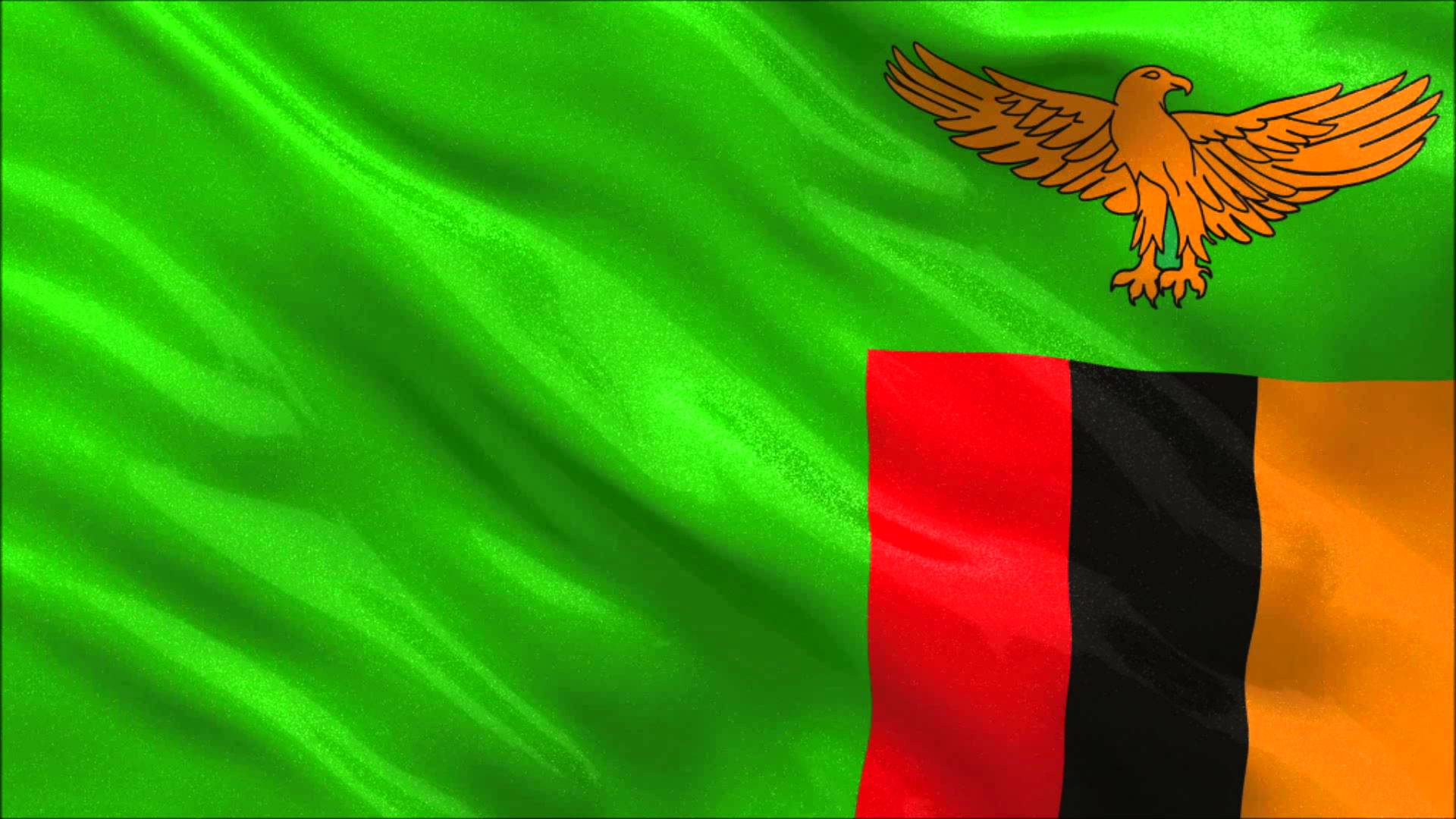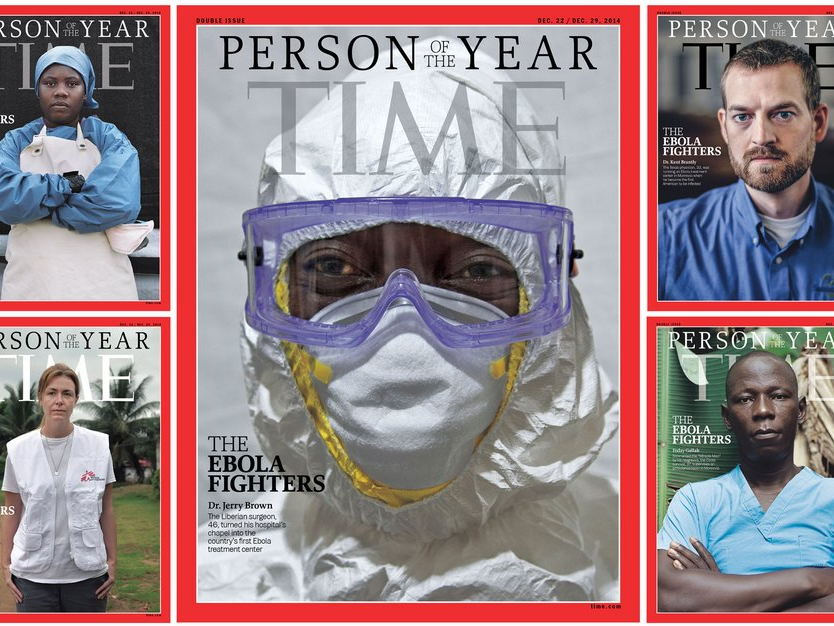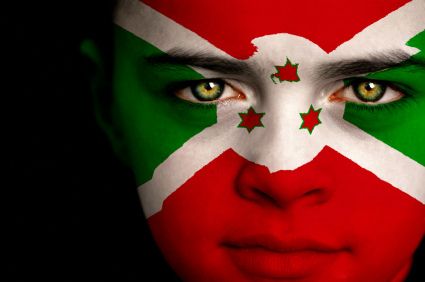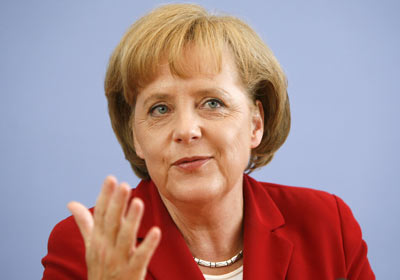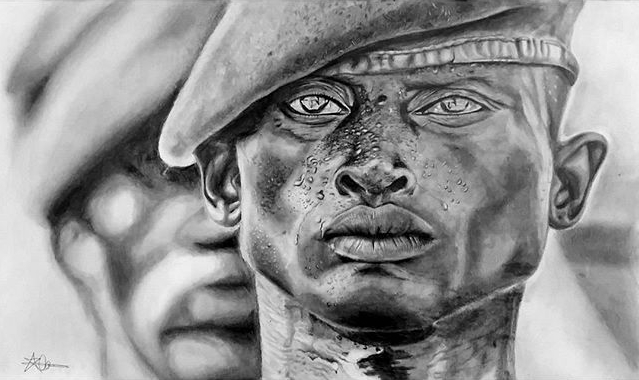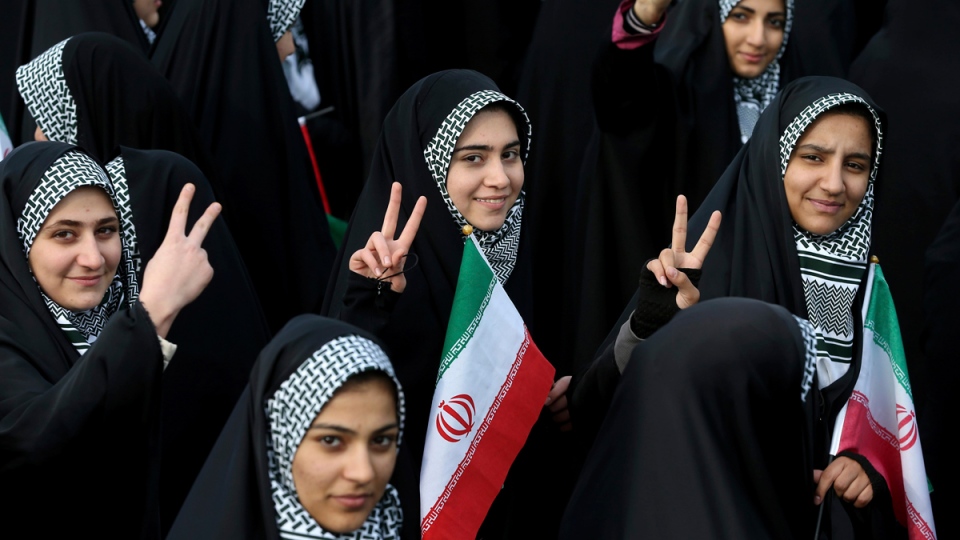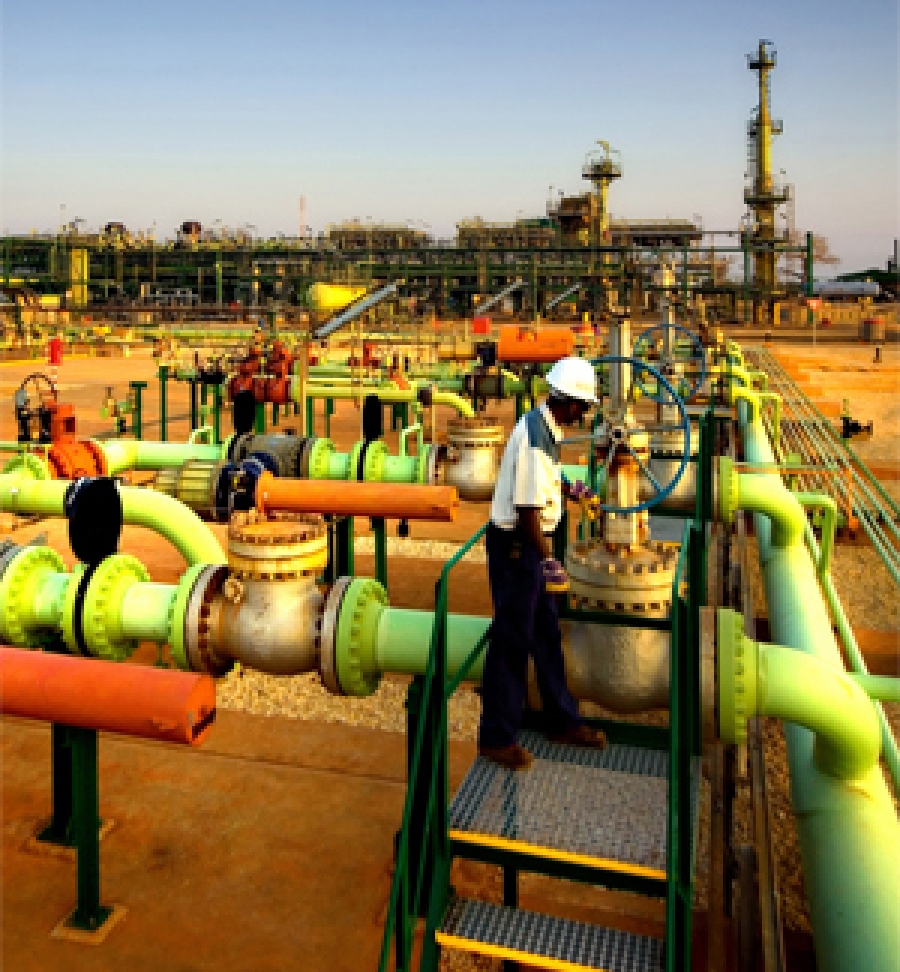Introduction – African Elections
Each and every country in Africa has got a completely different and unique political life and record. Each time an African country experiences an elections period, its processes, events and outcomes, are all different and meaningful in their own ways.
The year 2015 has seen an elevated number of electoral processes in various countries in Africa. This has thus been a critical year for African democracy, with citizens going to the polls in at least a dozen African countries. Already, we have witnessed the peaceful transfers of power in Nigeria and Lesotho, and the status quo in Sudan and Ethiopia. Ballots in Tanzania, Côte d’Ivoire and Burkina Faso will be hotly contested. All of it deserves an in-depth analysis of each country’s elections separately.
January 20th, Zambia Presidential Elections 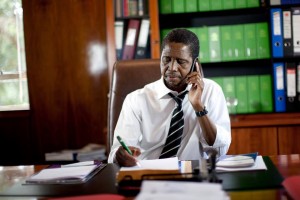
After having had two sick presidents die in office, including the last one (Michael Sata), Zambia has voted for who they expect to be a healthy President to stay in for a complete office term. Unfortunately, according to the Zambian Constitution he will only be able to stay for the remaining period of time that his predecessor could not complete out of his term: 18 months. That is, a very short period to demonstrate his abilities and to accomplish all his campaigning promises. Only then he will be able to run for the next programmed elections by the end of 2016, and acquire a full mandate from its very beginning.
The new elected President Edgar Lungu, head of the Patriotic Front Party, has achieved only a minority mandate this time, less than half of the 5 million registered voters made their marks in the polls. Two main problems are to be dealt with, and a bunch of promises are to be turned into reality.
Corruption is a central problem amongst many African governments including the Zambian. For it, Lungu has avoided making any promise. Another issue that the President will have to solve is the rising trend among civil society groups which demands a new and more democratic national constitution. However, Lungu said he would not make this issue a priority of his presidency in light of the high poverty levels, poor communication and road infrastructure, and low educational standards which have to be taken care of first.
On a more positive note, however, plenty of promises were made by the ambitious new President. Lungu has promised continuing his predecessors’ “vision”, developing a variety of programs, reducing fuel and staple food prices, increasing access to education, expanding social welfare to all rural districts, protecting the freedom of the media, ending tribalism, and improving his engagement with the public.
The public remains impatient to experience all these improvements. Lungu encounters, however, a main obstacle to overcome: to reach that his government ministers follow him on his ambitious plans. The new President has inherited all members of parliament, ministers, senior civil servants and party officials, who had been chosen by his predecessor. A probable consequence for this would be the lack of loyalty of all these government members. Thus, Lungu must find the right way to gain their trust and unconditional support, which will allow him to implement his vision as Zambia’s President.

